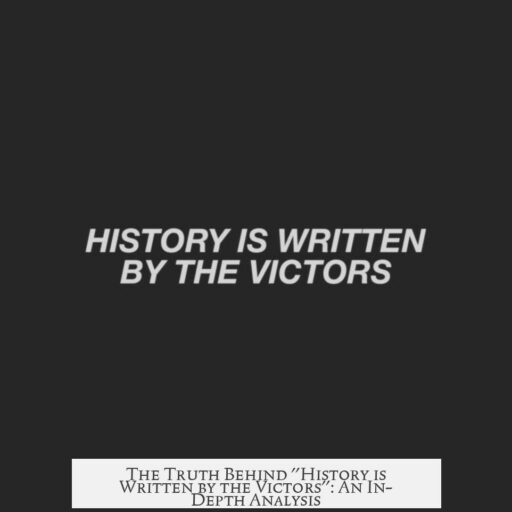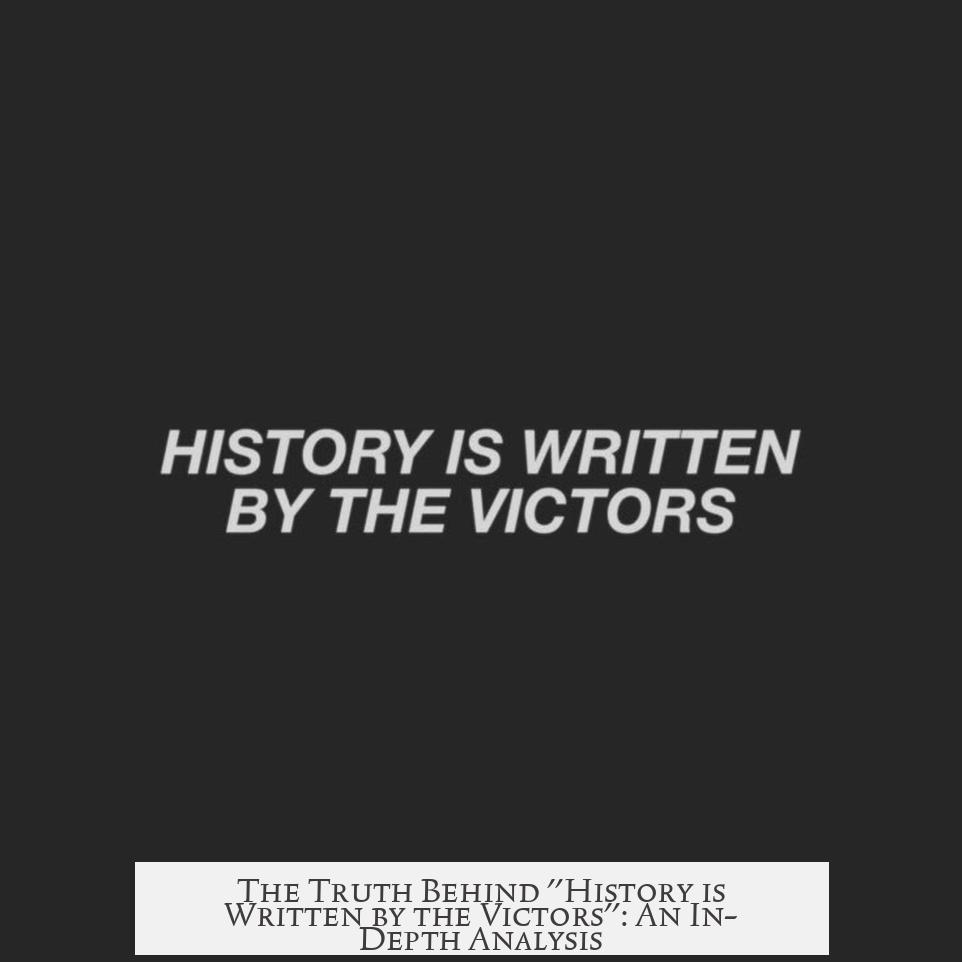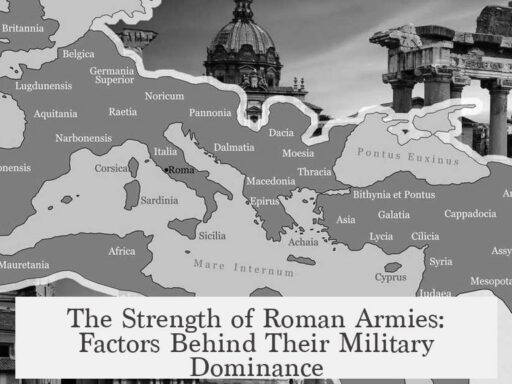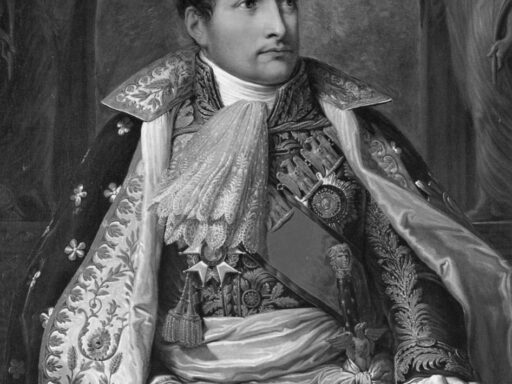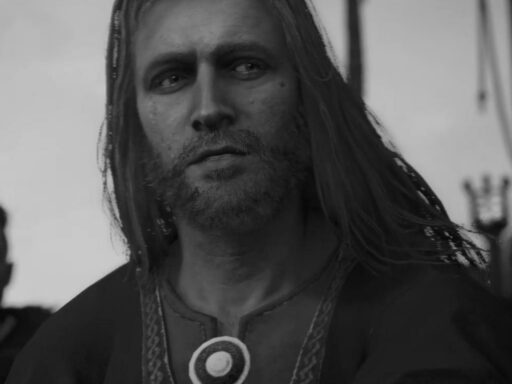The phrase “history is written by the victors” holds partial truth but is an oversimplification of how historical narratives develop over time. While winning sides often produce more and higher-quality sources, and their perspective tends to dominate early accounts, history is shaped by many factors including scholarly interpretation, evolving values, political contexts, cultural memory, and the accessibility of information.
Historical sources from victors usually outnumber those of the defeated, giving winners an initial advantage in shaping the narrative. Victors tend to have more resources to record events and present their perspective. However, this does not mean that the losers’ accounts vanish completely. Over time, historians may uncover neglected narratives or new evidence that challenges dominant versions, offering a fuller picture of events. For example, the ancient Israelites documented their defeats with detail, even though Egyptian victors focused mainly on glorifying themselves.
The role of scholars is key. Historically, only a literate minority with historical training could write about the past. These scholars often aligned with the winning side, reinforcing victor narratives. Yet scholars’ work is influenced by the politics and values of their era. Modern historians recognize the need to critically assess sources for bias and strive to incorporate previously ignored voices. The shifts in American Civil War interpretations illustrate this: initial post-war Southern narratives downplaying slavery gave way to a more fact-based understanding emphasizing slavery as central to the conflict.
Current political needs also shape historical writing. Governments and societies interpret the past to justify present ideologies. For instance, post-WWII Western powers constructed the narrative that Germany’s defeat was due to the harsh winter and Italian failures, which comforted all parties involved. Similarly, myths about advanced German technology during WWII helped assign blame, created compelling stories, and influenced patriotism.
The idea of “victory” itself evolves over time. Military success does not always equate to lasting control or cultural dominance. The American Civil War’s Southern planter class maintained power during Reconstruction despite losing the military conflict. This complexity shows how historical “winning” can have different dimensions beyond battlefield outcomes.
Cultural memory plays a vital role. Groups that maintain records and pass down stories continue to influence historical narratives even if initially sidelined. Completely erasing a group’s history is difficult. Examples like the Huguenots, who recorded their persecution and migrations, show how “losers” in conflicts can shape history from their perspective, often becoming dominant within their diaspora.
The democratization of information challenges traditional victor-centric history. As literacy and media access expand, more voices enter the historical conversation. Digital archives, oral histories, and diverse scholarship help reveal alternate perspectives. Even so, some nations manipulate history for political aims, reflecting an ongoing contest over historical memory.
Several case studies highlight how complex this dynamic is:
- Vikings’ history was largely recorded by monks they raided—“losers”—showing exceptions to the phrase.
- The Spanish Civil War’s Republican side is often remembered more favorably despite losing.
- The Vietnam War is mostly discussed through American viewpoints, marginalizing North Vietnamese narratives, though they were militarily victorious.
- Punic Wars are known mainly through Roman documents, the victors’ version.
- Slavery in America is now widely acknowledged, though its historical treatment has evolved and contrasts with narratives about Nazi Germany.
Ultimately, historians must carefully evaluate all sources, recognizing bias in both victor and defeated accounts. Textbooks and popular culture may present simplified versions shaped by prevailing attitudes. Awareness of these influences helps readers understand that history is complex and multifaceted.
Key takeaways:
- Victors often provide more sources but do not have exclusive control over history.
- Scholars’ biases and contemporary politics influence historical narratives.
- Historical “victory” can be reevaluated over time beyond military outcomes.
- Cultural memory preserves alternative viewpoints even if initially marginalized.
- Democratized information has broadened who writes history but struggles with ongoing political manipulation.
- Case studies show exceptions challenge the absolute truth of the phrase.
How True is the Phrase “History is Written by the Victors”?
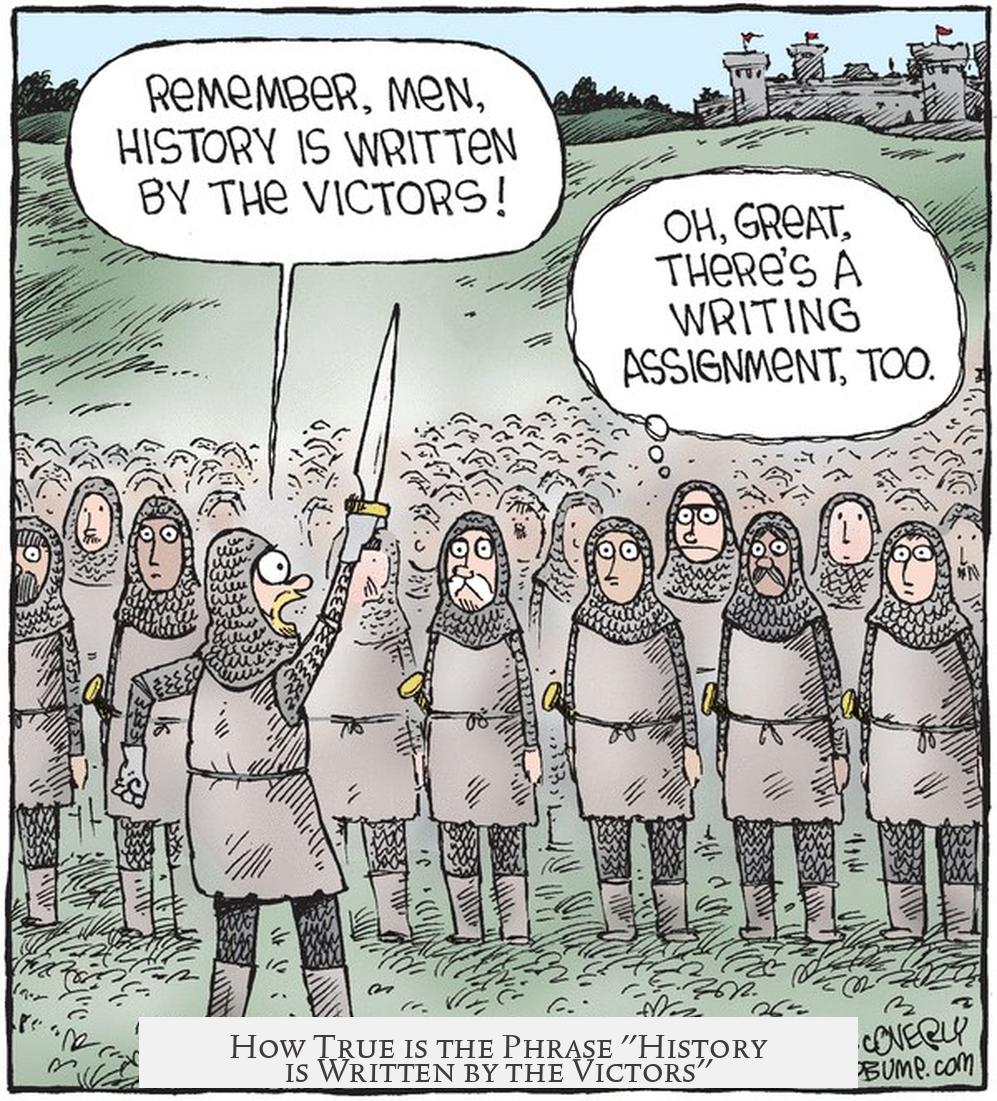
At first glance, the phrase “history is written by the victors” seems quite accurate. After all, the winner often controls the narrative, shaping how events are remembered for generations. But is that the full picture? What if this idea oversimplifies a far more complex truth?
Let’s unpack this famous saying by looking at what history really tells us, who writes it, and how perspectives change over time.
The Imbalance of Historical Sources: More Than Just Winning
One key reason this phrase sounds true is the imbalance in the quantity and quality of sources. Typically, the winners had better resources, scribes, and control over what stories were recorded.
The *losers*, on the other hand, often left behind fewer documents or those that were scattered, suppressed, or disregarded. Just imagine trying to piece together a jigsaw puzzle when most of the pieces belong to the other team. It’s tricky.
Yet, history isn’t a one-player game. There are fascinating cases where the losers got to write down their side. Take the Vikings, for example: their so-called “barbaric raids” primarily come from monks—the literate class—who were the victims themselves. So in this curious case, the “losers” wrote history. That flips the phrase on its head!
History is Written by the Scholars (Not Just the Victors)
Here’s a twist: history tends to be written by the literate minority—the scholars. In the past, literacy was rare, and even fewer people had the skill and education to write detailed accounts.
So, whether a warrior was on the winning or losing side, if their story was not communicated by a scholar, it may have been lost or filtered. The scholarly class shaped narratives, sometimes inadvertently favoring the winners because they survived, thrived, or controlled cultural institutions.
Politics and Present Values Shape Historical Narratives
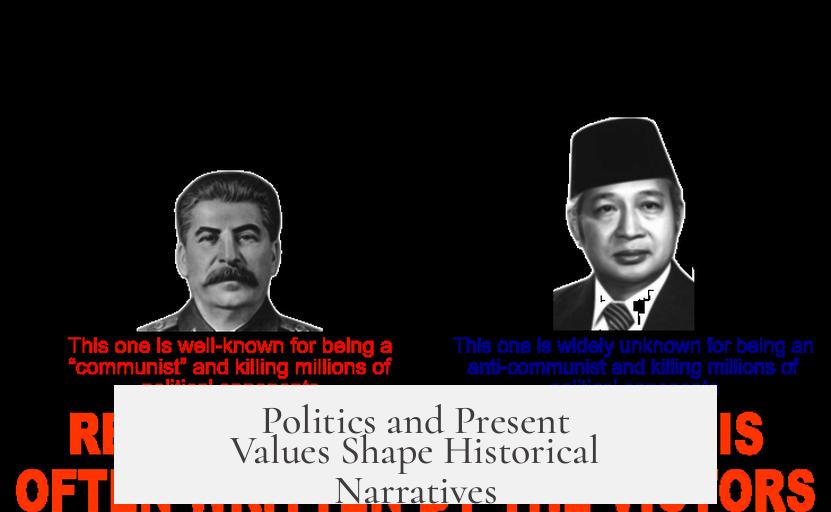
Another powerful factor shaping history is the lens of contemporary politics. Writers and historians often tailor their works to the “necessities and possibilities” of their present time. History thus reflects current values as much as past realities.
Consider modern attitudes toward slavery. Today, most historians unequivocally condemn slavery. That wasn’t always the case. The last known American born into slavery died only around 1971. Now, claiming slavery was acceptable would get a historian shunned. But this doesn’t erase the past—it reveals how modern biases color our interpretation of history.
Time Changes the Definition of Victory
Who really wins? That question evolves with time. The outcome of wars, revolutions, or cultural battles isn’t always clear-cut.
For example, the American Civil War is officially won by the North. But many argue the South “won” the reconstruction period because the powerful planter class continued influencing society. The “victory” faded but morphed, revealing complexity behind simple win/lose ideas.
Or the Spanish Civil War: Franco’s Nationalists officially won, yet history often favors the Republicans. This shows how victory isn’t always reflected clearly in recorded narratives.
The Persistence of Cultural Memory
Despite attempts to erase or overshadow certain groups, a culture’s history rarely disappears completely.
As long as a group can document their experience and influence their environment, their story gradually resurfaces. Sometimes these narratives had been buried or ignored but eventually come back into light. Completely wiping out a culture’s history is near impossible.
The Role of Historians and Their Biases
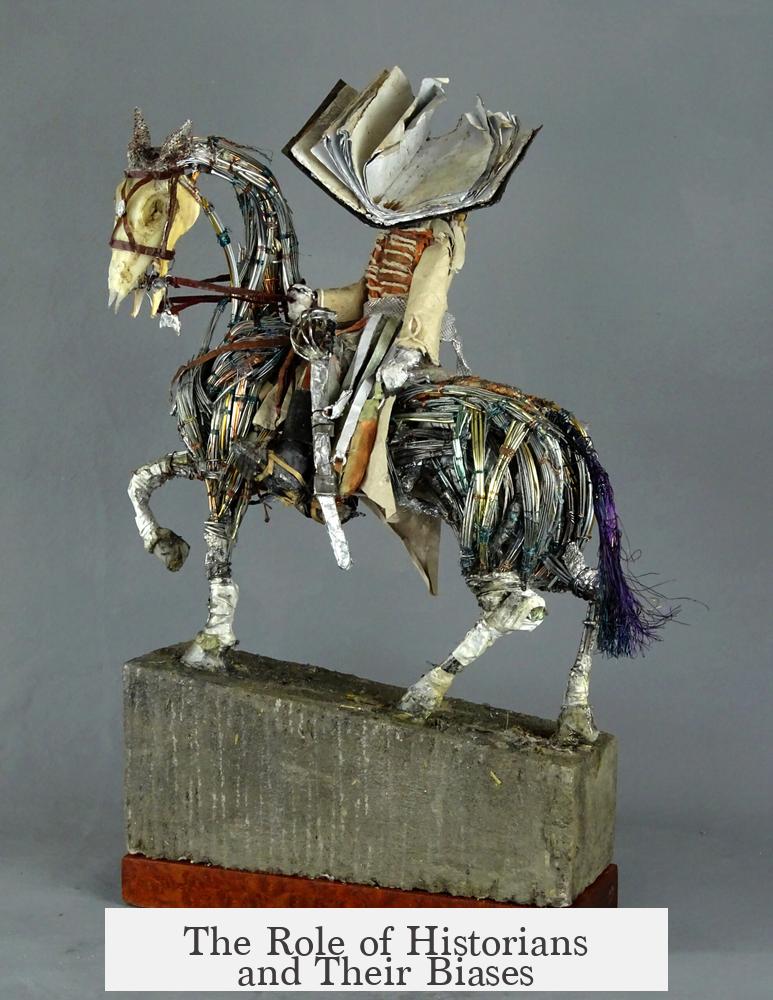
Now, historians themselves are human. Bias creeps into interpretations despite the best efforts to remain objective.
Textbooks often reflect particular viewpoints, especially if dominated by one region’s scholars or limited sources. Primary documents contain bias, and when historians rely heavily on these, the stories told lean toward certain narratives. The challenge is to evaluate each source carefully and acknowledge these biases.
The Democratization of Information: Changing the Game
It used to be that only elites—often the victors—had the power to write history. Today, information is much more democratized thanks to technology and education.
This means challenging dominant narratives has become easier, but also more complex. Some modern states or groups still attempt to manipulate history, but the floodgates for multiple perspectives have opened.
This evolution suggests the phrase “history is written by the victors” is becoming less absolute, though not entirely obsolete.
Examples and Case Studies Adding Nuance
- Vikings: As mentioned, monks recorded the raids. Thus, in this case, the “losers” were the historians.
- Post-WW2 Germany: The Germans became allies of the West, leading to a comforting myth that the German defeat came more from weather and strategy errors, not outright military failure. This softened narratives and served political needs.
- Me 262 Fighter Myth: This WWII German jet is often mythologized, blaming Hitler for its limited deployment and exonerating the German military. This myth satisfies multiple parties, showing history’s adaptability.
- American Civil War: Primary sources identify slavery as the main cause. Yet, after the war, some Southern narratives shifted blame toward states’ rights, demonstrating evolving interpretations.
- Vietnam War: The common American narrative dominates discussions, overshadowing the victorious North Vietnamese viewpoint, especially in popular culture.
- Huguenots in North America: These religious refugees, forced out by defeat, wrote about their sufferings and perspectives, heavily influencing their adopted countries’ histories despite being “losers.”
- Ancient Israelites and Egyptians: Israelites recorded their defeats and losses with detail, but Egyptian victors preferred brief triumph proclamations. This shows how cultural priorities shape historical records.
- Punic Wars: The Romans won, and we mostly know the war through Roman accounts. This classic example supports the “winners write history” idea.
- Native American Removal and Nazi Germany: Textbooks briefly cover Native American removals despite the significance; meanwhile, Nazi Germany’s atrocities remain heavily condemned, possibly due to modern political considerations. This comparison highlights how historical judgments differ.
Wrapping It Up: More Complex Than It Seems
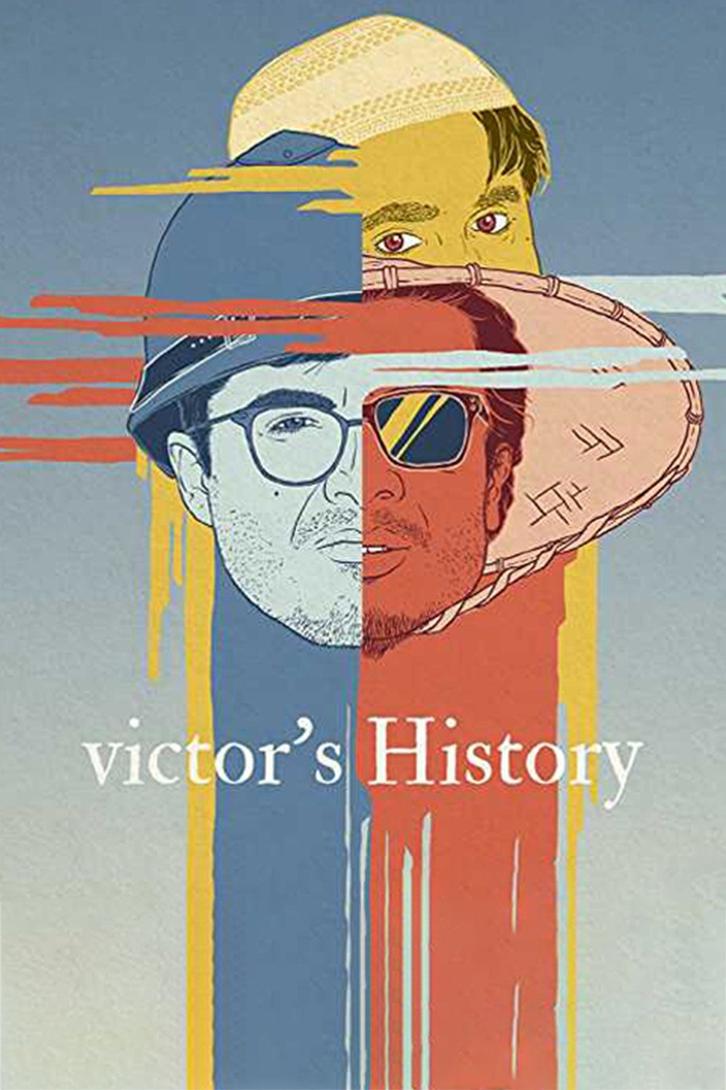
This phrase is a catchy shorthand but risks oversimplifying how history works.
Yes, the winners shape narratives. But that’s only part of the story. Written accounts depend on literacy, scholarly access, survival of records, and political pressures. Over time, histories change, and many voices—sometimes from losers—resurface to enrich understanding.
So when you hear “history is written by the victors,” ask: Who exactly are those victors? Which voices are missing? And how much has time altered the truth? Sometimes, history is more like a patchwork quilt—stitched from many threads, each with its own story to tell.
Practical Tips for Readers:
- Always seek multiple sources and perspectives.
- Understand the context in which history was written.
- Be aware of biases—not just in the past but in modern interpretations.
- Look for re-emerging narratives; sometimes “losers” write back.
- Appreciate history as a living dialogue, not a fixed script.
Remember, the victor’s pen may be powerful, but it’s never the only one holding ink.
1. Is it always true that history is written by the victors?
Not always. History is often shaped by those who have power and literacy, but there are cases where the “losers” have influenced historical records. For example, Viking history was mostly written by monks they raided.
2. How do modern values affect historical narratives?
Historical events are judged through today’s values. For example, historians won’t defend slavery because society now rejects it. This influences how past events are interpreted and taught.
3. Can history written by victors completely erase the losers’ stories?
Completely erasing a group’s history is nearly impossible. Over time, neglected narratives may resurface as people find new sources or perspectives, giving a fuller picture of past conflicts.
4. How has the democratization of information changed historical accounts?
As more people gain access to information, it’s harder for just one group to control history. However, some nations still try to manipulate history despite widespread access to knowledge.
5. Why do historians’ biases impact how history is presented?
Historians bring their views to their work. While they try to check sources, biases can shape history textbooks and popular accounts, influencing how people understand events.
6. How does the passage of time alter who is seen as the ‘victor’ in history?
Time can shift perspectives on who really won. For instance, the South lost the American Civil War militarily but held power in the Reconstruction era, influencing long-term outcomes.
